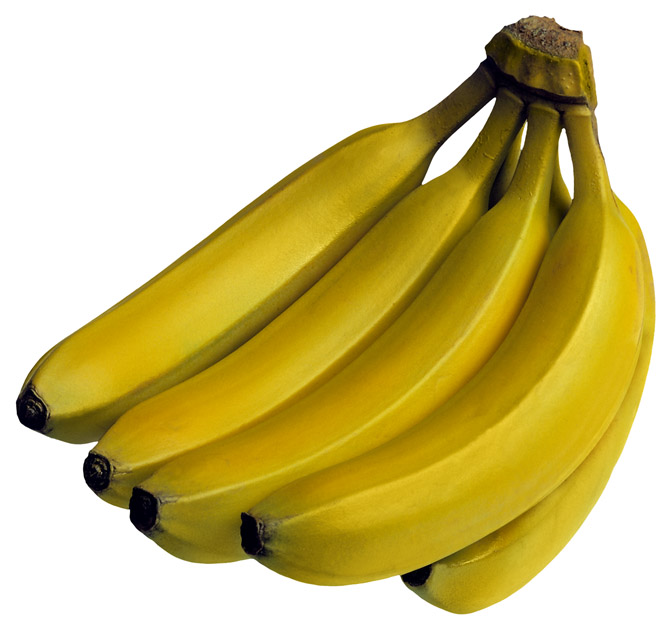MEPs push Commission to better protect European banana sector
While Ecuador is negotiating with the European Union a downward revision of the tariff on bananas entering the EU market, the Commission on International Trade of the European Parliament has since October called for amendments to the regulation on the stabilisation mechanism for bananas and to better protect banana producers in the outermost regions.
Ecuador is the world’s top banana exporter and the protocol for its free trade agreement (FTA) with the European Union was signed on November 11, opening the door in the EU for banana imports at very competitive prices.
Ecuador is able to offer high quality bananas in large quantities in the first half of the year, when retail demand for bananas is high. In 2015, it was already Europe’s number two supplier despite having a tariff handicap relative to its competitors in African, Caribbean and Central American countries. Andean countries such as Colombia and Peru could also import at a lower tariff.
The European Parliament has sought asked to amend the EU regulation on the stabilisation mechanism for bananas, created in trade negotiations between the EU and the countries of the Andean Community (Colombia, Ecuador and Peru). The stability mechanism’s annual trigger import volume has been exceeded on a number of occasions – by Peru in 2013 and 2014, and by Peru and Guatemala in 2015.
It has not been necessary to activate the mechanism, however, and no distortion was caused in the European market. Nevertheless, EU Member States maintain there have been considerable delays in alerting them when the annual trigger import volume has been exceeded.
In 2016 the trigger volumes of Peru and Guatemala will again possible be reached. There is no need to panic, however. Banana production in the outermost reaches of the EU are at record levels. The yearly aid mechanism worth €280 million a year for a production of 690,000 tons is successfully applied, certainly in the Canary Islands, Martinique and Guadeloupe.
In 2007, banana production in Guadeloupe and Martinique, which was still recovering from the Chlordecone crisis, was hit by hurricane Dean. With the support of the French government, the EU and regional authorities, the banana growers of UGPBAN (banana grower association of the French West Indies) decided to set up a global innovation plan to restore the banana industry, building on the principles of agroecology.
The plan has achieved its goals, with more than a 50% reduction in pesticide use and a noticeable comeback in animal biodiversity on banana farms. The promising results led UGPBAN to create, in addition to organic and fair trade labels, the Banane Française label, said to mark world’s ‘cleanest’ bananas. The Banane Française price has risen to €0.40 per banana. It is sold in packs of 3-6 bananas with a French flag sticker.
Similar initiatives took place on the Canary Islands, where the ‘Platano’ is promoted as a better banana. In this globalised world, the European banana is well prepared to face the challenge of cheap banana imports, but continued support from European authorities is needed.



